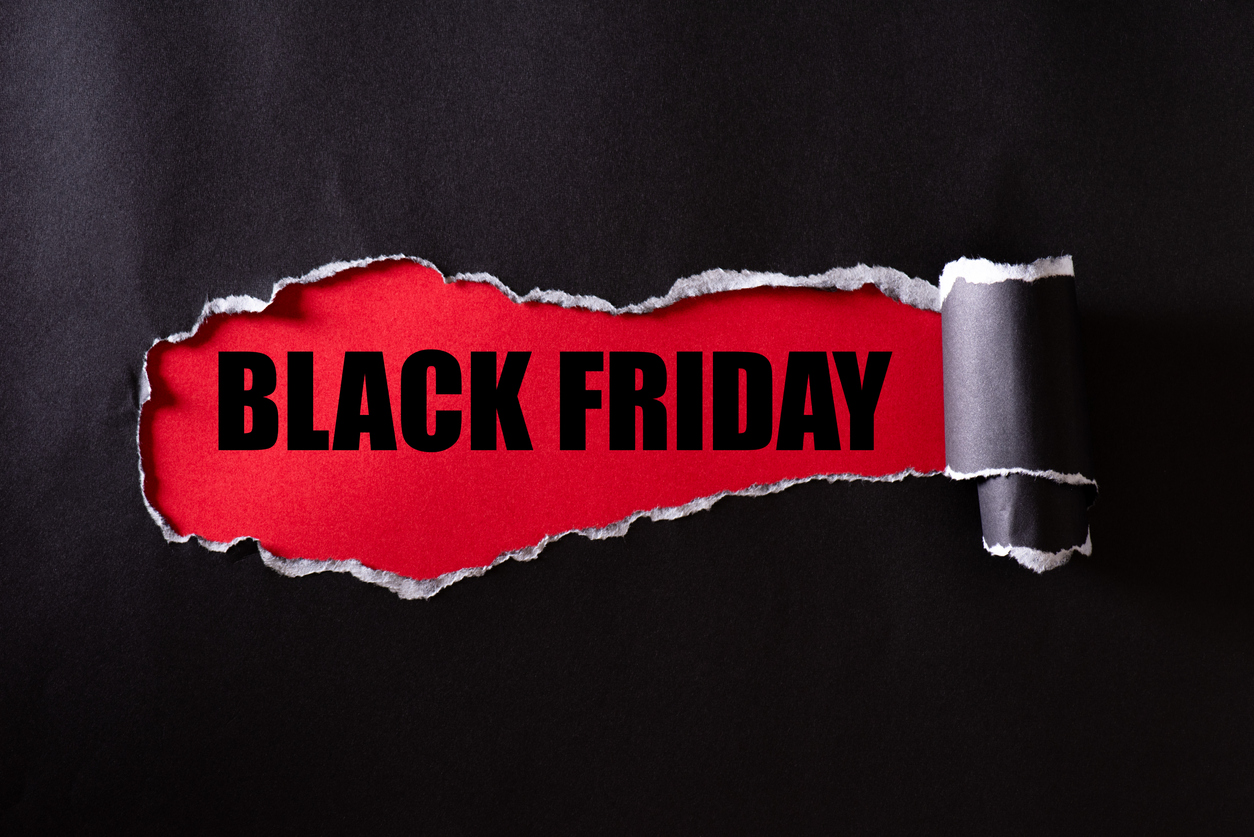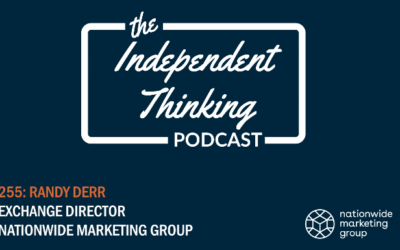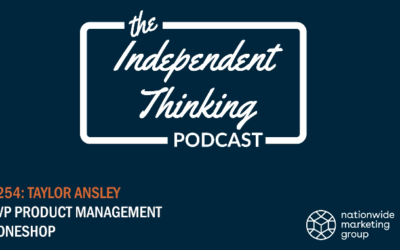In retail, there’s perhaps no other two-word term that carries as much weight as Black Friday. It’s a date that gets circled on the calendar each year. And, despite all of the external factors that seem to be working against the retail industry, it’s a day that still seems to bring in record-setting sales figures annually.
Personally, Black Friday has always been a day that I’ve felt a special tie to. The annual shopping bonanza was given the “Black Friday” moniker in my hometown of Philadelphia thanks to the local police force who, in the 1960s, despised working that day. They used the term to describe the scenes of congested city streets and sidewalks as motorists and pedestrians flooded the city looking to score big deals at the local department stores. Ironically, those same retailers who were experiencing large crowds didn’t like the negative connotation that the “Black Friday” name carried, and they tried to make a switch to “Big Friday” — a name that clearly didn’t stick. Instead, in an attempt to win back the name, they began to push the narrative that it referred to the concept of retailers’ bottom lines moving from the red into the black.
Nevertheless, in 2021 Black Friday remains a major event for retailers. Granted, today it looks a heck of a lot different. Shoppers in the 1950s up through the 1990s really only had one option available to them if they wanted to get that big discount — show up early and shop in person. Oh, and they had to be there on Black Friday. Not Thanksgiving. Not Cyber Monday. And certainly not some random day in late October.
It seems like Black Friday today is more of a concept or a term that describes the entire season of holiday shopping rather than just the 24-hour period the day after Thanksgiving. This year, in particular because of the ongoing pandemic and resulting supply chain constraints, consumers have been out and about shopping for deals for weeks, and retailers have been obliging with myriad pre-Black Friday deals. But this concept of starting holiday shopping earlier is not new.
“Shopping early is a trend we’ve seen for years and it began long before the pandemic,” Prosper Executive Vice President of Strategy Phil Rist said in a recent National Retail Federation press release. “While some consumers like the thrill of last-minute shopping and others just procrastinate, many prefer the comfort of having the shopping done early so they can relax and enjoy the season.”
According to a recent Prosper survey conducted for the NRF, 46% of consumers said they started their shopping earlier this year than they typically do. In total, 61% of consumers said they already started their holiday shopping by early November, up from 51% who said the same in 2011. And further, consumers said they were about 28% done with their shopping by early November, up from 18% a decade ago.
The Future is Here for Black Friday
Last year, consumers and retailers might’ve been given their best preview yet as to what Black Friday might look like moving forward. While adapting to the ongoing pandemic, shopping drastically shifted online in 2020, a trend that had a major impact during the Black Friday shopping period. Over 100 million consumers made purchases digitally during the Black Friday weekend, up 8% year-over-year, while only 58.7 million shopped in-person, a 37% decline from the previous year.
This year, retailers are likely to see a rebound in in-store traffic as consumers eagerly get back to in-person shopping. But even data from NRF and Prosper show that excitement around in-person shopping on Black Friday isn’t what it used to be. Consumers are opting to skip the (dwindling) crowds in favor of shopping from the couch.
In total, two-thirds of shoppers say they plan to take advantage of the Black Friday holiday weekend, or roughly 158.3 million people. Looking specifically at Black Friday, the survey found that 108 million people plan to shop that day. And of those making purchases on Black Friday, 64% (69 million people) plan to do so in-person. While that’s an increase from 2020, it still falls well short of the 84.2 million people who shopped in-person on Black Friday in 2019.
Several factors have impacted the in-person number over the past few years, including the spreading out of the “day” into a five-day marathon. But the shift to online shopping during the weekend has been the most significant reason for this years-long trend. And, much like every other aspect of the retail industry, the pandemic only helped to put the pedal to the metal.
Still Impactful, Though Less Important
Despite the shift in how consumers shop during Black Friday, what can’t be denied is the major impact that the day — and the extended holiday shopping season — has on retailers’ bottom lines. NRF research showed that consumers plan to spend $997.73 on gifts, holiday items and other non-gift purchases this year. Further, NRF projects that total spending throughout the holiday season will reach somewhere between $843 billion and $859 billion, up between 8.5% – 10.5% over 2020. That would set new records for both growth rate and total amount spent.
So, the holiday shopping season as a whole remains important to retailers, of course. But what about Black Friday itself? Sure, the day will continue to drive sales at a higher-than-normal rate. But as sales extend back earlier into November and even October, the 24-hour period of actual Black Friday is kind of losing its luster. In a recent Nationwide Marketing Group survey, independent retailers even told us as much. Just 33% of independent retailers said that Black Friday was still a significant event for their store. The remaining two-thirds said it’s losing its importance.
So, maybe it’s time to bid adieu to Black Friday and start to lean into a Black November?




